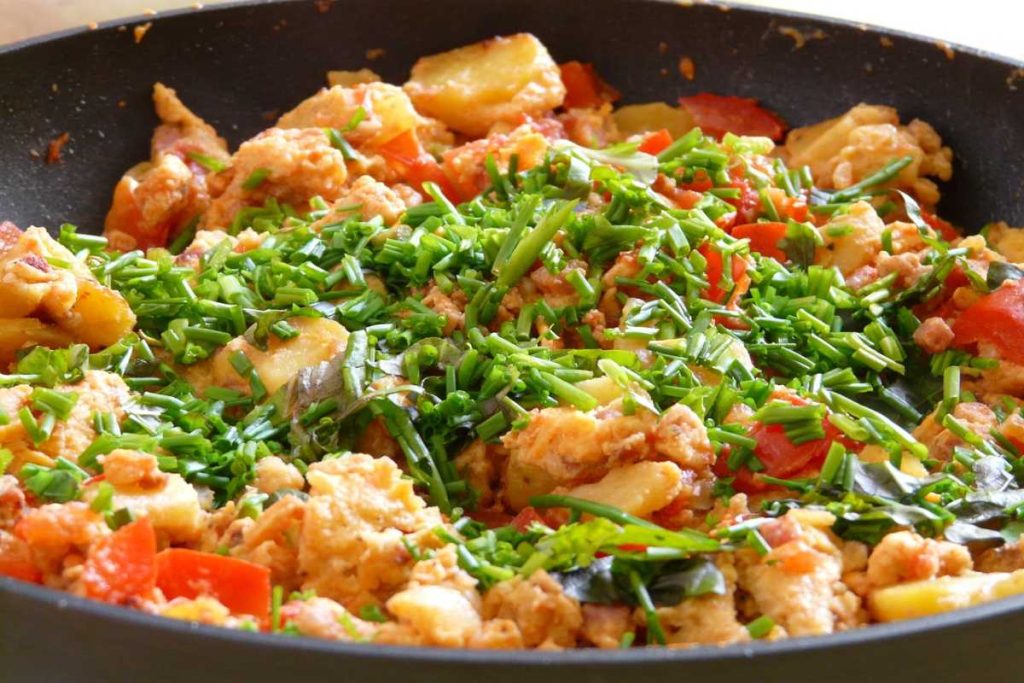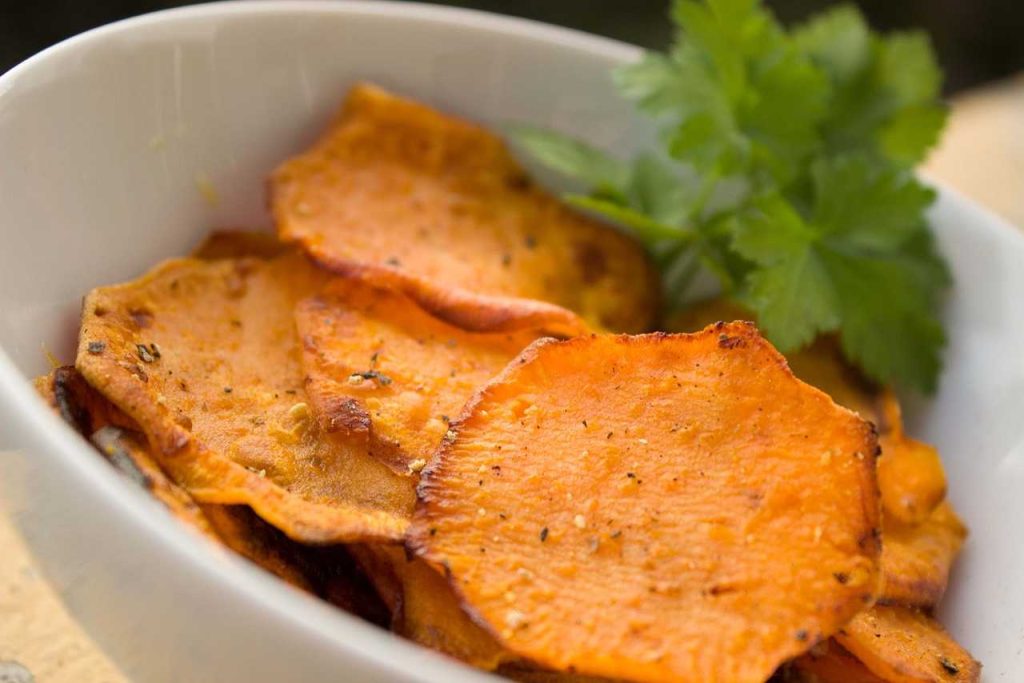Pregnancy is an exciting time, but it also places increased nutritional demands on your body. To meet these needs and promote the healthy development of your baby, focusing on nutrient-dense foods is key. Superfoods, which are rich in essential vitamins, minerals, and antioxidants, can play a pivotal role in keeping both mom and baby healthy. In this blog, we’ll explore the top superfoods to include in your pregnancy diet, why they’re beneficial, and how to incorporate them into your meals.

Why Are Superfoods Important During Pregnancy?
Superfoods are known for their high concentration of nutrients compared to other foods. During pregnancy, your body requires more energy and specific nutrients like folic acid, iron, calcium, and protein to support your baby’s growth and your own health. Superfoods are an easy and delicious way to ensure that you’re getting these essentials in abundance.
Benefits of Superfoods in Pregnancy:
- Boost Energy Levels – Pregnancy can often leave you feeling tired, especially in the later months. Nutrient-dense superfoods help fuel your body with the vitamins and minerals that keep you energized throughout the day.
- Support Baby’s Development – Essential nutrients found in superfoods, like folate, iron, and omega-3 fatty acids, contribute to the healthy growth of your baby’s brain, bones, and organs.
- Improve Immune System – Antioxidant-rich foods help to protect both you and your baby by boosting your immune system.
- Better Digestion – Pregnancy can slow down digestion, leading to issues like constipation. High-fiber superfoods can help keep your digestive system regular.
- Promote Overall Health – The vitamins and minerals in superfoods also help maintain your overall health, ensuring that both you and your baby thrive throughout the pregnancy.
Let’s dive into the top superfoods that you should include in your pregnancy diet and how they can benefit you.
1. Leafy Greens: The Powerhouse of Nutrients
Leafy greens, including spinach, kale, arugula, and Swiss chard, are some of the most nutrient-dense foods available. These greens are packed with folate, iron, calcium, and vitamins A and C—all of which are essential for a healthy pregnancy.
- Benefits:
- Folate (or folic acid) helps in preventing neural tube defects, especially during the early stages of pregnancy.
- Iron is critical for producing hemoglobin, ensuring your baby gets enough oxygen.
- Calcium supports the development of your baby’s bones and teeth, while vitamin C helps boost the immune system.
- How to Eat:
- Add spinach or kale to smoothies for a nutrient-rich breakfast.
- Toss leafy greens into salads, soups, or stir-fries to boost your intake of essential vitamins and minerals.
Quick Tip:
Pair iron-rich leafy greens with a vitamin C source like citrus fruits or bell peppers to enhance iron absorption.
2. Avocados: A Creamy Source of Healthy Fats
Avocados are loaded with heart-healthy monounsaturated fats, which are essential for your baby’s brain and nervous system development. In addition to fats, avocados contain fiber, B vitamins, and potassium, which help to regulate blood pressure and alleviate pregnancy-related leg cramps.
- Benefits:
- The healthy fats in avocados promote brain development and skin health for your baby.
- Their high fiber content supports digestive health, preventing constipation.
- Potassium helps reduce leg cramps, a common complaint during pregnancy.
- How to Eat:
- Spread mashed avocado on whole-grain toast for a healthy breakfast or snack.
- Add slices of avocado to salads or tacos, or blend it into smoothies for a creamy texture.
Quick Tip:
Avocados are also a great alternative to mayonnaise or sour cream, making them an excellent addition to sandwiches or wraps.
3. Berries: Small but Mighty Antioxidant-Rich Foods
Berries such as blueberries, strawberries, raspberries, and blackberries are packed with antioxidants, which help protect your cells from damage and support your immune system during pregnancy. They’re also high in fiber, which helps with digestion, and vitamin C, which aids in iron absorption.
- Benefits:
- Antioxidants in berries can protect both you and your baby from oxidative stress.
- High fiber content helps prevent constipation, a common pregnancy complaint.
- Vitamin C boosts your immune system and helps in collagen formation for your baby’s skin.
- How to Eat:
- Sprinkle berries on top of oatmeal or yogurt for a delicious, nutritious breakfast.
- Blend them into smoothies or add them to salads for a refreshing twist.
Quick Tip:
Keep frozen berries on hand for a quick and nutritious snack or smoothie ingredient.
4. Greek Yogurt: A Calcium-Rich, High-Protein Powerhouse

Greek yogurt is a fantastic source of protein and calcium, both of which are essential for your baby’s growth. Calcium helps in building strong bones and teeth, while protein is needed for the development of your baby’s tissues and muscles. Greek yogurt also contains probiotics, which support gut health.
- Benefits:
- Provides a protein boost to support muscle and tissue development.
- Calcium aids in your baby’s bone and tooth development.
- Probiotics promote digestive health and can help prevent issues like constipation and bloating.
- How to Eat:
- Top Greek yogurt with nuts, seeds, and berries for a filling snack.
- Use it as a base for smoothies or as a substitute for sour cream in savory dishes.
Quick Tip:
Choose plain Greek yogurt to avoid added sugars, and flavor it naturally with honey or fresh fruit.
5. Salmon: The Ultimate Source of Omega-3s
Salmon is one of the best natural sources of omega-3 fatty acids, particularly DHA, which is crucial for your baby’s brain and eye development. It also provides vitamin D, which is necessary for calcium absorption and bone health.
- Benefits:
- Omega-3 fatty acids in salmon contribute to cognitive development and help prevent preterm labor.
- Vitamin D supports calcium absorption, which is critical for bone health in both mother and baby.
- How to Eat:
- Grill or bake salmon with herbs and lemon for a simple, nutritious meal.
- Add flaked salmon to salads or serve with whole grains like quinoa or brown rice.
Quick Tip:
Limit your intake of salmon to 2-3 servings per week to avoid excessive exposure to mercury, which is found in some fish.
6. Eggs: A Nutritional Powerhouse
Eggs are incredibly versatile and packed with protein, vitamins, and minerals. They are one of the few natural sources of choline, which is crucial for brain development and helps prevent neural tube defects.
- Benefits:
- Choline supports brain development and helps prevent birth defects.
- High-quality protein is essential for muscle development.
- Vitamin D in eggs helps your body absorb calcium efficiently.
- How to Eat:
- Scramble eggs for breakfast, make a veggie-packed frittata, or enjoy a hard-boiled egg as a quick snack.
Quick Tip:
Ensure eggs are fully cooked to reduce the risk of salmonella during pregnancy.
7. Sweet Potatoes: A Beta-Carotene Rich Delight
Sweet potatoes are rich in beta-carotene, which your body converts to vitamin A—a nutrient that is crucial for the development of your baby’s eyes, skin, and immune system. They are also a good source of fiber, which can help prevent pregnancy-related constipation.
- Benefits:
- Vitamin A supports cell growth, particularly for your baby’s eyes and skin.
- Fiber in sweet potatoes aids in digestion and helps prevent constipation.
- How to Eat:
- Bake or roast sweet potatoes and enjoy them as a side dish, or mash them for a creamy and nutritious alternative to regular potatoes.
Quick Tip:
Add a little olive oil or butter to sweet potatoes to help your body absorb fat-soluble vitamins like vitamin A.

8. Lentils: A Plant-Based Protein Packed with Iron
Lentils are an excellent plant-based source of protein and iron, both of which are essential during pregnancy. Iron is particularly important for producing hemoglobin, the protein in red blood cells that carries oxygen to your baby.
- Benefits:
- Iron in lentils helps prevent anemia and supports oxygen flow to your baby.
- High protein content supports tissue and muscle development for both mom and baby.
- How to Eat:
- Add lentils to soups, stews, and salads for a hearty, filling meal.
Quick Tip:
Enhance iron absorption by combining lentils with vitamin C-rich foods like tomatoes or bell peppers.
9. Nuts and Seeds: Tiny Nutrient Powerhouses
Nuts and seeds, such as almonds, walnuts, chia seeds, and flaxseeds, provide healthy fats, fiber, and protein. They are also rich in magnesium, which helps regulate muscle function and reduce the risk of preterm labor.
- Benefits:
- Healthy fats in nuts and seeds contribute to brain development and provide a lasting energy source.
- Magnesium helps prevent leg cramps and supports muscle relaxation.
- How to Eat:
- Snack on a handful of almonds, add chia seeds to smoothies or oatmeal, or sprinkle flaxseeds on salads and yogurt.
Quick Tip:
Walnuts and flaxseeds are especially high in omega-3 fatty acids, which promote brain development in your baby.
Conclusion
Incorporating these superfoods into your pregnancy diet is a simple and delicious way to ensure that you and your baby are getting the essential nutrients needed for a healthy and happy pregnancy. From leafy greens to salmon, each of these foods offers specific benefits that support both your health and the development of your baby. By making mindful choices about what you eat, you’re not only nourishing yourself but also giving your baby the best start in life.

